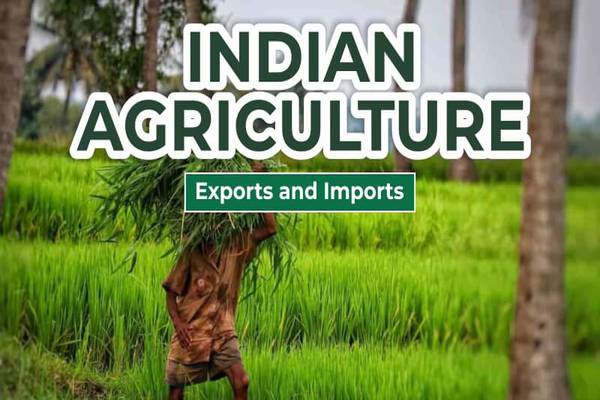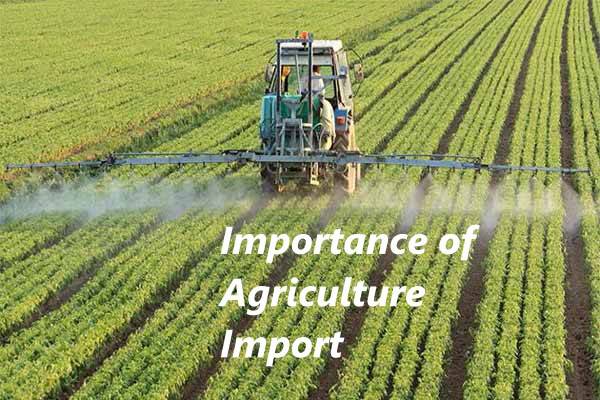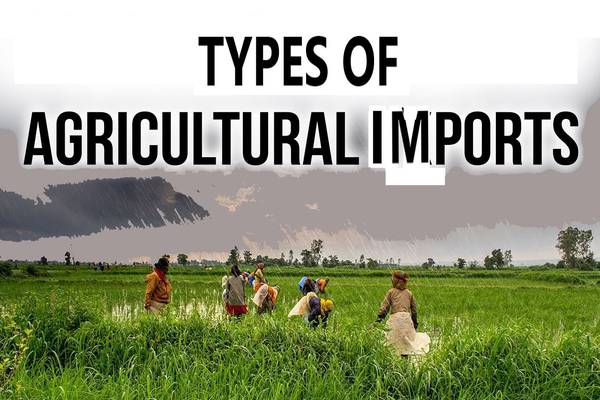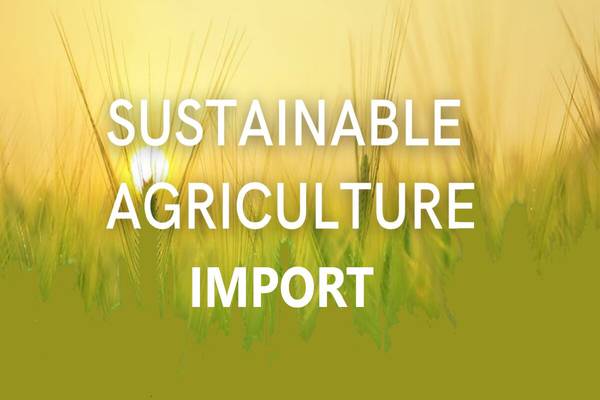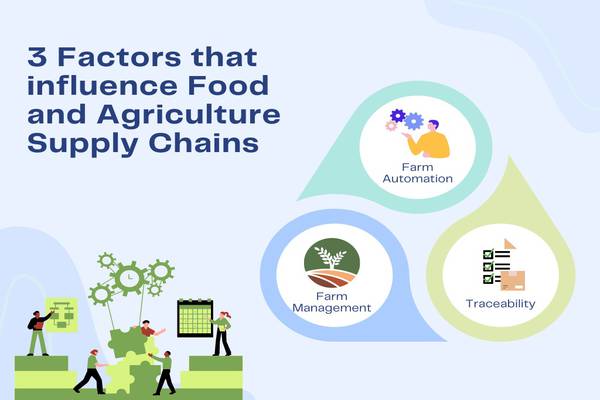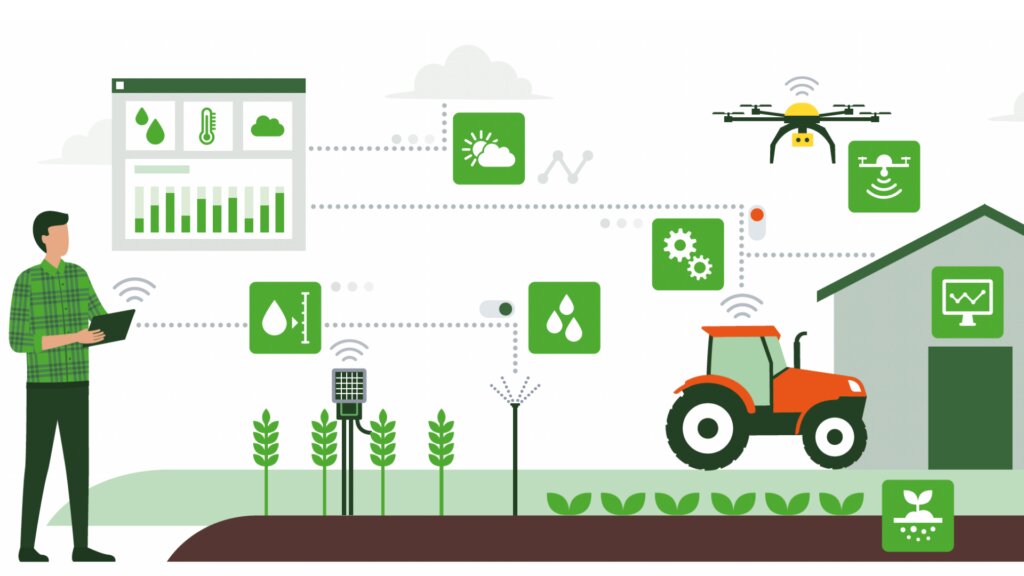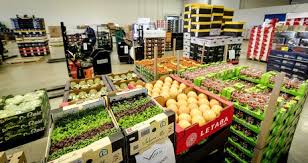Agricultural Imports: Navigating The Global Food Trade
Drafted by: vijaychourey26@gmail.com
In today's interconnected world, the import and export of agricultural products play a vital role in ensuring food security, economic stability, and cultural diversity. From exotic fruits to staple grains, countries rely on a diverse range of agricultural imports to meet the demands of their populations. This article delves into the world of agricultural imports, shedding light on their significance, challenges, and the complex web of international trade. Agricultural imports have become a cornerstone of modern societies, allowing people to enjoy a diverse range of foods year-round. These imports involve the shipment of goods across international borders, forming a complex network that ensures everyone has access to the foods they desire.
The Importance Of Agricultural Imports
Agricultural imports are a lifeline for countries that cannot produce certain foods due to geographical constraints or climate limitations. They bridge the gap between local production and consumer demands, keeping grocery store shelves stocked with a variety of products regardless of the season.
Benefits of Agricultural Imports:
The benefits of agricultural imports are manifold. They enable access to a diverse range of foods year-round, regardless of local growing seasons. This variety in the diet ensures balanced nutrition and addresses deficiencies that can arise from relying solely on domestic production.
Types Of Agricultural Imports
Staple Grains and Cereals
Staple grains like rice, wheat, and maize are among the most traded agricultural commodities. They serve as dietary staples for large populations and are often imported to stabilize food prices during shortages.
Livestock and Meat Products
The demand for meat continues to rise globally, leading to significant imports of livestock and meat products. These imports cater to diverse culinary preferences and cultural traditions.
Fruits and Vegetables
Exotic fruits and out-of-season vegetables are imported to meet consumer preferences for diverse and nutritious diets. This trade has accelerated with advancements in cold storage and transportation.
Sustainable Agricultural Imports
Organic and Fair Trade Practices
Consumers are increasingly demanding ethically produced foods, driving the growth of organic and fair trade imports.
Reducing Food Miles
Efforts to decrease the distance food travels can lower carbon emissions and support local producers.
Promoting Local Agriculture
Governments and communities are taking steps to prioritize domestic production, reducing dependency on imports.
Factors Driving Agricultural Imports
Seasonal Demand
Consumers' desire for out-of-season products, like tropical fruits in winter, drives the need for imports. This demand challenges local agriculture to diversify and adapt.
Climate and Geography
Certain crops can only thrive in specific climates, necessitating imports to fulfill consumer cravings for variety.
Consumer Preferences
As globalization advances, people have developed a taste for international cuisine, leading to higher demands for imported foods.
Economic Considerations
Importing can sometimes be more cost-effective than domestic production, especially for products with high resource requirements.
Challenges In Agricultural Imports
Quality Control and Safety Standards
Ensuring imported foods meet safety and quality standards is crucial to prevent health risks and protect local industries.
Trade Barriers and Tariffs
Trade restrictions and tariffs can significantly impact the flow of agricultural imports, affecting prices and availability.
Environmental Impact
The carbon footprint of transporting food across long distances raises concerns about environmental sustainability.
The Role Of Technology In Agricultural Trade
Cold Chain Logistics
Refrigeration and transportation technologies have extended the shelf life of perishable imports.
Precision Agriculture
Technological advancements in farming have increased yields and improved the quality of agricultural products.
Market Intelligence Platforms
Digital platforms provide real-time market information, helping farmers and traders make informed decisions.
Global Trade Partnerships & Navigating Regulations And Compliance
Bilateral and Multilateral Agreements
Trade agreements between countries facilitate smoother import and export processes.
Trade Blocs and Alliances
Groups of countries often establish trade blocs to enhance bargaining power and promote regional economic growth.
Navigating Regulations and Compliance:
Phytosanitary Regulations
Strict regulations ensure that imported plants and plant products do not introduce pests or diseases.
Customs and Documentation
Efficient customs procedures and accurate documentation are vital to prevent delays and disruptions.
The Socioeconomic Impact Of Agricultural Imports & The Future Of Agricultural Imports
Employment and Income Generation
The import sector creates jobs in distribution, transportation, and retail.
Cultural Exchange
Imported foods introduce new cuisines and flavors, enriching cultural diversity.
Food Security Concerns
Overreliance on imports can compromise a nation's food security in times of crisis.
The Future of Agricultural Imports:
Technology Advancements
Innovations like vertical farming could revolutionize how certain products are imported.
Changing Consumption Patterns
Shifting consumer preferences may drive the demand for different types of imports.
Environmental Sustainability
The future will likely see increased emphasis on sustainable sourcing and reduced transportation emissions.
